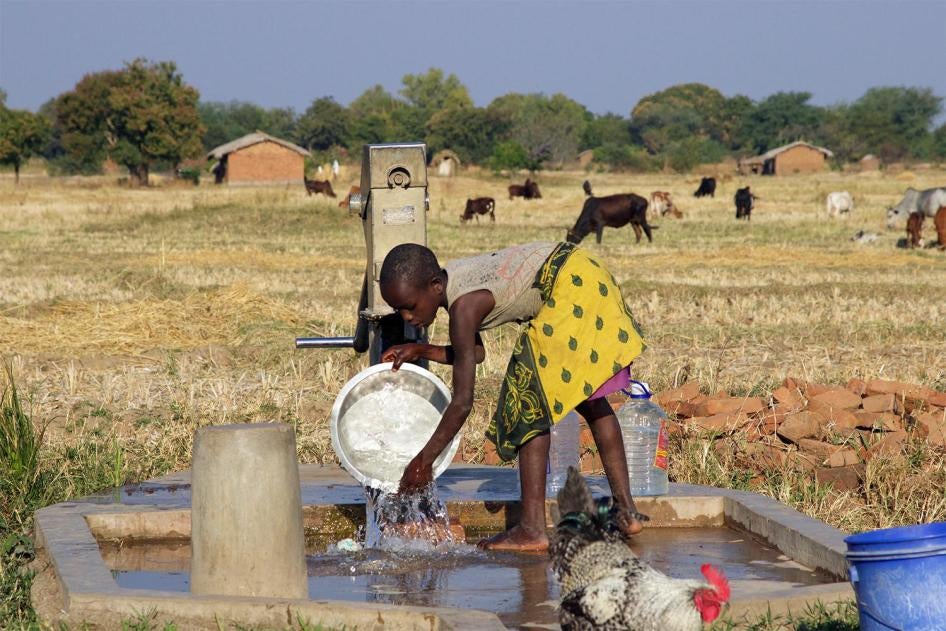Today, Costa Rica will launch an initiative aiming to make gender equality and human rights integral components of global environmental agreements.
Costa Rica’s Vice President Epsy Campbell Barr will launch the For All Initiative at the United Nations General Assembly’s high-level segment. The High Commissioner for Human Rights, Michelle Bachelet, and the Executive Director of UN Women, Phumzile Mlambo-Ngcuka, are expected to join the launch in New York.
Their participation comes as no surprise. Bachelet, in her first speech to the Human Rights Council as High Commissioner, highlighted the importance of human rights in attaining the UN’s Sustainable Development Goals and underscored the challenge of climate change. In her former role as president of Chile, Bachelet explicitly called for the integration of human rights in climate policy.
For its part, UN Women helped draft the Gender Action Plan that was adopted by the Climate Convention last year in Bonn.
Human Right Watch research has demonstrated that not only are women and girls distinctly impacted by degraded environments, polluted water, and climate change, but they are also often on the front lines fighting against the environmental harms suffered by their communities and their families.
Costa Rica has experience leading similar global initiatives on environmental and human rights. In February 2015, the country launched the “Geneva Pledge,” which links climate and human rights. The pledge offers a platform to its 33 signatories to exchange ideas and good practices between human rights and climate experts.
In 2015, the adoption of the Paris Agreement on Climate Change marked the first international environmental agreement to explicitly incorporate human rights language.
The For All Initiative is a welcome step in highlighting the gender and human rights dimensions of environmental policy. Although it faces a significant challenge in translating abstract UN language into concrete policy measures, the initiative offers great potential to strengthen international environmental treaties and help protect the right to a healthy and sustainable environment for people worldwide.







